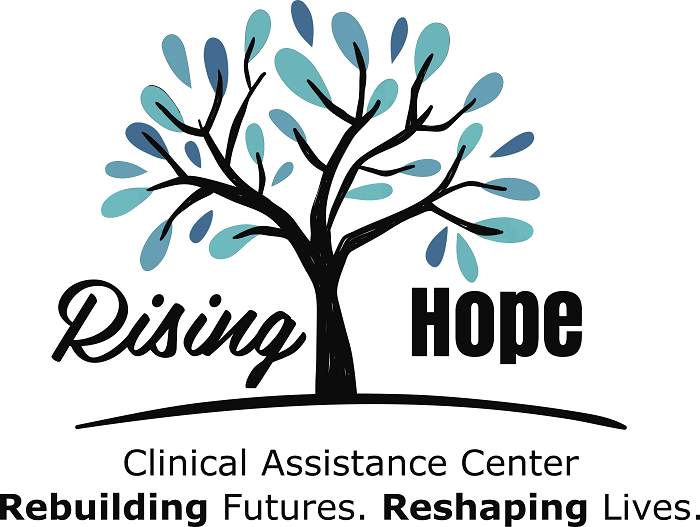

How Mental Health is Causing a Quitting Epidemic with Millennials
The Target
In today’s society, millennials are quitting their jobs in masses. About 43 – 50% of Millennials and 75% of Generation Zers are putting their mental health first. While there has been much backlash of this epidemic from senior generations like “Baby Boomers,” there seems to be a new wave of de-stigmatizing mental health that younger generations have taken the lead on. Today, “the therapy generation,” comprised of 20-30 somethings are more likely to refer to therapy than the young adults in previous eras did.
The Cause
Why has mental health been an increasing concern for the younger generations and what kind of impact does this have on companies? Millennials and Generation Zers are likely to quit a job within a few months to a couple of years for various mental health related reasons. Younger people are experiencing depression at higher rates than previous generations. Of course, depression could be onset by not just biological and chemical factors, but also environmental.
Environmental Factors
So, what’s different about the environment today than 60 – 70 years ago? Various studies have indicated a direct link between diet and physical, mental and emotional health. Today, many foods are pumped with more additives, hormones and chemicals that were not present just a few decades ago. Although this may not be the sole environmental reason as to why younger people are going through depression at higher rates, it could explain the correlation between the two. Further environmental influences that may be affecting the burnout generation is their daily demands.
Higher Living Costs
Millennials are working more and getting paid less. Additionally, the cost of living has been exponentially higher than that of previous eras. Gone are the days of gasoline being 27-85 cents or the average home being priced between $3,000-$50,000 USD. On average, millennials earn 20% less than boomers did at the same stage of life. When you combine less pay with being crippled by more student loan debt and higher living expenses, these factors are considerably alarming and no surprise to a decline in mental health.
Emotionally Divested
Another reason for this quitting epidemic is that millennials are simply not as emotionally and behaviorally connected to their jobs as previous generations and are also aware that there are other options and more ways to make money. The digital era has allowed several ways for young adults to individually offer their services, talents or expertise and with perpetual technological advancements, this new way of working is not likely to slow down anytime soon.
A lack of flexibility and fewer job incentives in the workforce may also be an indication of younger generations job hopping in droves. Not allowing vacation time, paid time off, or the option to pick their work hours (within reason) can be a huge turnoff for a generation that is already less emotionally invested in a company than the generations from before. The merging of enduring anxiety and depression with less than desirable company culture has also led to an astounding decrease in employee productivity.
The Result
The mental health conditions of employees have resulted in a nearly $16.8 billion loss in employee productivity. With this steep cost, it is unambiguous that companies are not doing enough to break down the stigma and are not identifying workers who may have a mental health condition and finding alternative ways to support them.
The Solution
Companies may need to break out of the traditional work model and adapt to the younger generations. It is also necessary to understand that everyone’s work style is different, just as their learning styles are. Some employees may need more stimulation and more frequent breaks and time to reconnect with coworkers, while others may need a more stable routine and independent time separate from colleagues to prevent burnout and anxiety. Whatever the individual’s work style may be, accommodating younger employees in this way can be the potential remedy for increasing overall work performance and productivity. It may even increase millennial employee retention.
Although there is more awareness about mental health in the workplace, it is still taboo and receives much criticism from previous generations. Taking more employees’ mental health into consideration and finding ways to support them can create a more productive and high performing culture, as well as increase employee retention. Younger employees are more likely to stay longer when the job feels worthwhile. Providing good pay, shared with a desired work style that the company offers and more solid connections with colleagues is a great recipe for better mental health of younger employees and generations to come.
Talk to your primary care doctor about your symptoms; or seek help directly from a mental health professional. If you’re reluctant to see a mental health professional, reach out to someone else who may be able to help guide you to treatment, whether it’s a friend or loved one, a teacher, a faith leader, or someone else you trust.

